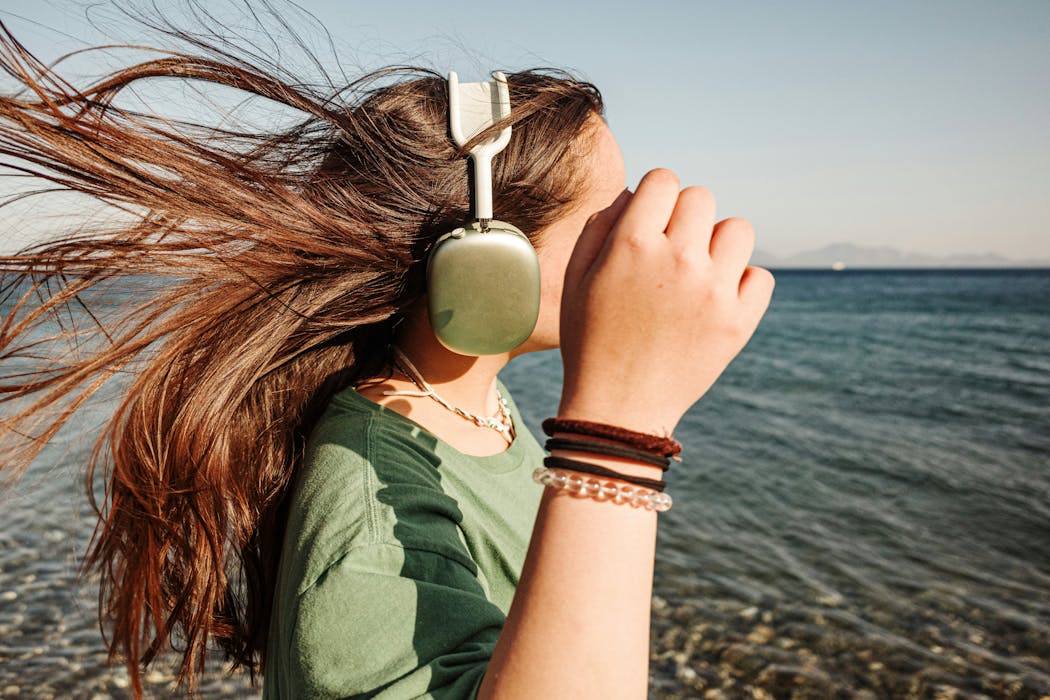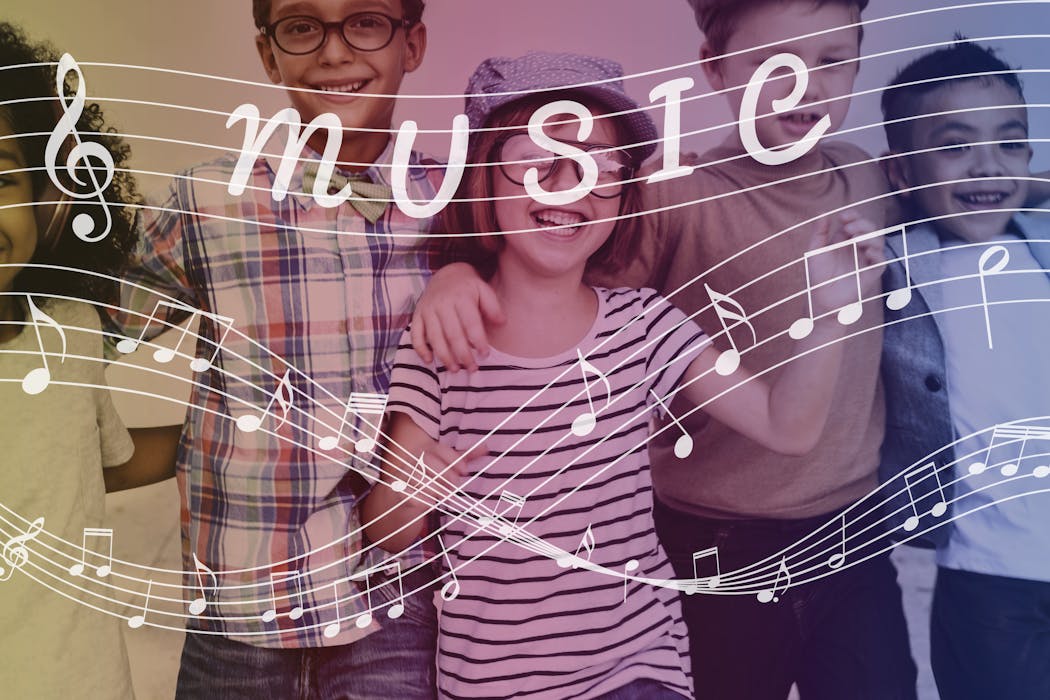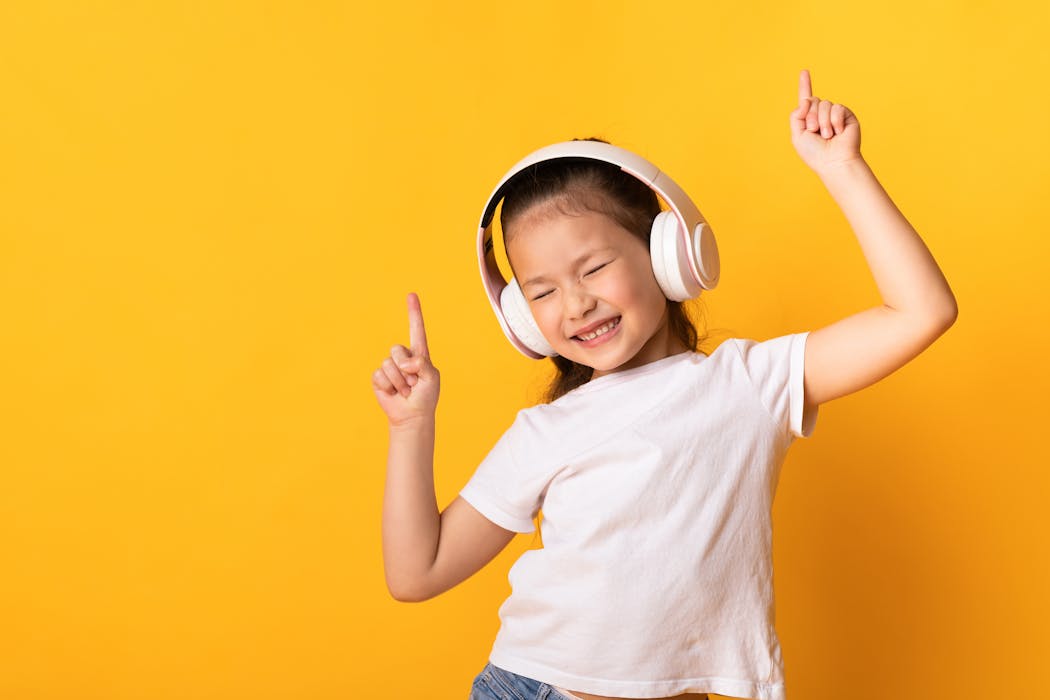Music therapy is a form of therapy that uses music to address physical, emotional, cognitive, and social needs of individuals. It is a well-established and evidence-based practice that is used in a variety of settings, including hospitals, schools, rehabilitation centers, and community centers. Music therapists are trained professionals who use music to help individuals achieve specific therapeutic goals. They may use a variety of techniques, including listening to music, playing instruments, singing, and songwriting. Music therapy can be used with individuals of all ages and abilities, and can be tailored to meet the unique needs of each person.
Music therapy is based on the understanding that music has the power to affect individuals on a deep emotional and physiological level. It can help individuals express and process their emotions, improve their cognitive abilities, and enhance their social skills. Music therapy can also be used to reduce stress and anxiety, improve mood, and promote relaxation. It can be particularly beneficial for individuals who have difficulty expressing themselves verbally, such as those with autism or dementia. Music therapy is a non-invasive and enjoyable form of therapy that can be used in conjunction with other forms of treatment to enhance overall well-being.
The Connection Between Mind and Body
The connection between the mind and body is a fundamental principle of music therapy. Music has the ability to affect both the emotional and physiological aspects of an individual, and can be used to promote holistic wellness. When individuals listen to music, their bodies respond in a variety of ways. For example, fast-paced music can increase heart rate and breathing, while slow-paced music can promote relaxation and reduce stress. Music can also affect brain activity, with certain types of music stimulating different areas of the brain. This connection between music and the body is what makes music therapy such a powerful tool for promoting overall health and well-being.
In addition to its physiological effects, music also has the power to affect individuals on an emotional level. Music can evoke memories, elicit emotions, and provide a means for self-expression. This emotional connection to music is what makes it such an effective tool for addressing mental health issues. Music therapy can help individuals process and express their emotions in a safe and supportive environment. It can also be used to improve mood, reduce anxiety, and promote a sense of well-being. The mind-body connection is at the core of music therapy, and is what makes it such a valuable form of treatment for individuals of all ages and abilities.
Innovative Music Therapy Techniques
Music therapy encompasses a wide range of techniques that can be used to address a variety of therapeutic goals. One innovative technique that is commonly used in music therapy is improvisation. Improvisation involves creating music in the moment, without a predetermined plan or structure. This technique can be used to help individuals express themselves creatively, build confidence, and improve communication skills. Another innovative technique is songwriting, which involves writing lyrics and composing music to express thoughts and emotions. Songwriting can be a powerful tool for individuals to process their experiences and find meaning in their lives.
In addition to improvisation and songwriting, music therapy may also involve listening to music, playing instruments, singing, and movement to music. These techniques can be used to address a variety of therapeutic goals, such as improving motor skills, enhancing cognitive abilities, and promoting social interaction. Music therapists are trained to use these techniques in a way that is tailored to meet the unique needs of each individual. They may also incorporate technology into their practice, such as using music apps or virtual reality experiences to enhance the therapeutic process. These innovative techniques make music therapy a dynamic and effective form of treatment for individuals of all ages and abilities.
The Impact of Music on Mental and Physical Health
The impact of music on mental and physical health is well-documented, and has been the subject of numerous research studies. Music has the ability to affect individuals on a deep emotional level, and can be used to improve mood, reduce anxiety, and promote relaxation. Listening to music has been shown to have a positive effect on mental health, with studies indicating that it can reduce symptoms of depression and anxiety. Music therapy has also been found to be effective in improving cognitive abilities in individuals with dementia or traumatic brain injuries.
In addition to its effects on mental health, music also has the power to affect physical health. For example, listening to music has been shown to reduce heart rate and blood pressure, as well as decrease levels of cortisol, a stress hormone. Music therapy can also be used to improve motor skills in individuals with physical disabilities or injuries. For example, playing instruments or engaging in movement to music can help improve coordination and strength. The impact of music on mental and physical health is significant, and makes music therapy a valuable tool for promoting overall wellness.
Integrating Music Therapy into Wellness Practices
Integrating music therapy into wellness practices can enhance the overall effectiveness of treatment programs. Music therapy can be used in conjunction with other forms of treatment to address a variety of therapeutic goals. For example, it can be used in hospitals to help patients manage pain, reduce anxiety, and promote relaxation. In schools, music therapy can be used to improve academic performance, enhance social skills, and promote emotional well-being. In rehabilitation centers, music therapy can be used to improve motor skills, cognitive abilities, and overall quality of life.
In addition to its use in traditional treatment settings, music therapy can also be integrated into wellness practices in the community. For example, it can be used in senior centers to promote social interaction, improve mood, and reduce feelings of isolation. It can also be used in community centers to promote overall well-being and provide a creative outlet for individuals of all ages. Integrating music therapy into wellness practices allows individuals to experience the benefits of music in a variety of settings, and promotes holistic wellness for people of all ages and abilities.
Personalized Music Therapy for Individual Needs
One of the key principles of music therapy is its ability to be personalized to meet the unique needs of each individual. Music therapists are trained to assess the specific needs of each person and develop a treatment plan that is tailored to address those needs. This personalized approach allows music therapy to be effective for individuals of all ages and abilities. For example, a music therapist working with a child with autism may use specific techniques to improve social skills and communication abilities. A therapist working with an older adult with dementia may use personalized music playlists to evoke memories and improve mood.
Personalized music therapy allows individuals to experience the benefits of music in a way that is meaningful and relevant to their own experiences. It allows for individualized treatment plans that address specific therapeutic goals, such as improving cognitive abilities, reducing anxiety, or promoting relaxation. This personalized approach makes music therapy a valuable form of treatment for individuals with a wide range of needs, and allows for meaningful and impactful therapeutic experiences.
The Future of Music Therapy for Holistic Wellness
The future of music therapy holds great promise for promoting holistic wellness for individuals of all ages and abilities. As research continues to demonstrate the impact of music on mental and physical health, the use of music therapy is likely to expand into new settings and populations. For example, there is growing interest in using music therapy in workplace wellness programs to reduce stress and improve overall well-being. There is also increasing recognition of the benefits of music therapy for older adults, particularly those with dementia or other cognitive impairments.
In addition to expanding into new settings and populations, the future of music therapy is likely to involve continued innovation in techniques and approaches. As technology continues to advance, there are new opportunities for incorporating virtual reality experiences or interactive music apps into music therapy practice. These innovative approaches have the potential to enhance the therapeutic process and make music therapy even more effective for promoting holistic wellness.
In conclusion, music therapy is a valuable form of treatment that has the potential to promote holistic wellness for individuals of all ages and abilities. Its ability to address both mental and physical health makes it a powerful tool for promoting overall well-being. As research continues to demonstrate its effectiveness, the use of music therapy is likely to expand into new settings and populations in the future. With its personalized approach and innovative techniques, music therapy has the potential to continue making a meaningful impact on the lives of individuals around the world.
Find out how Torongo Therapyplus can help you with your needs. Get in touch with us at smile@torongo.life, or call us on 02 8809 9965.































